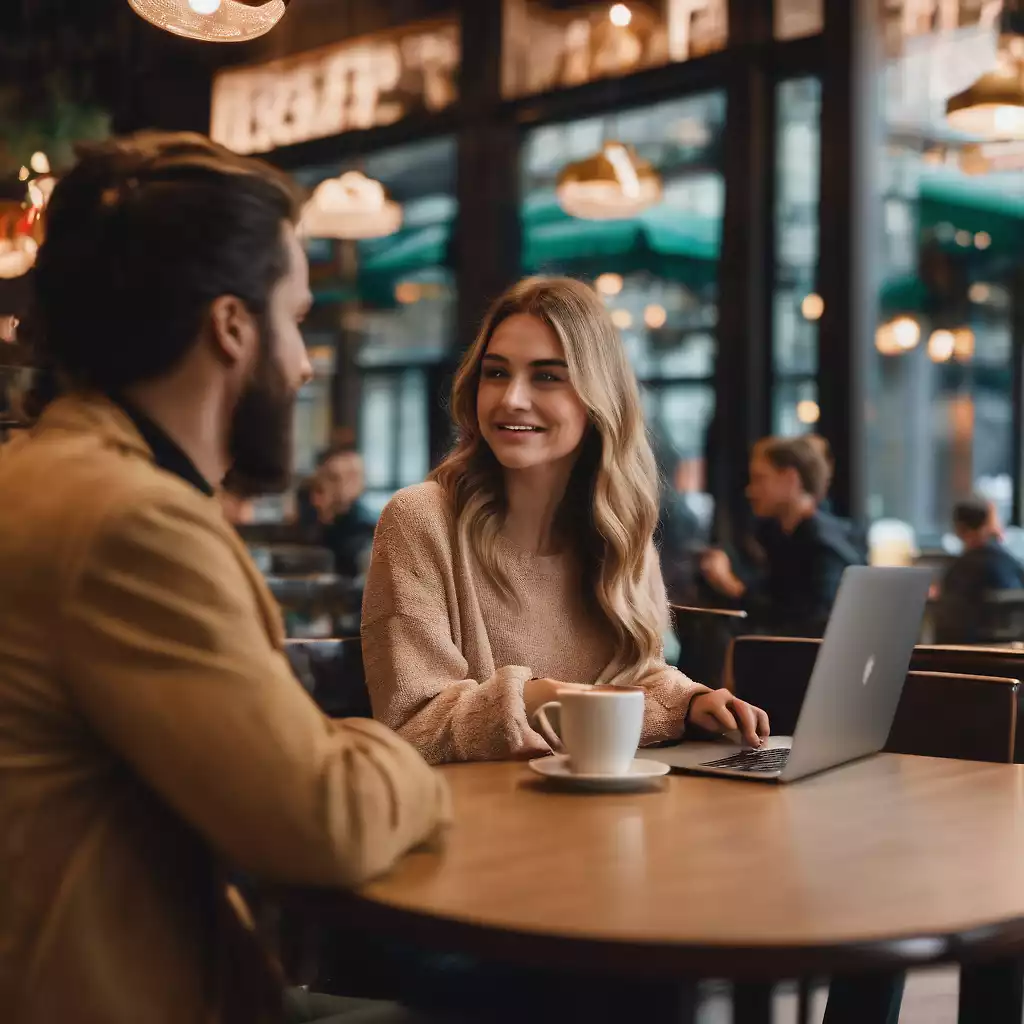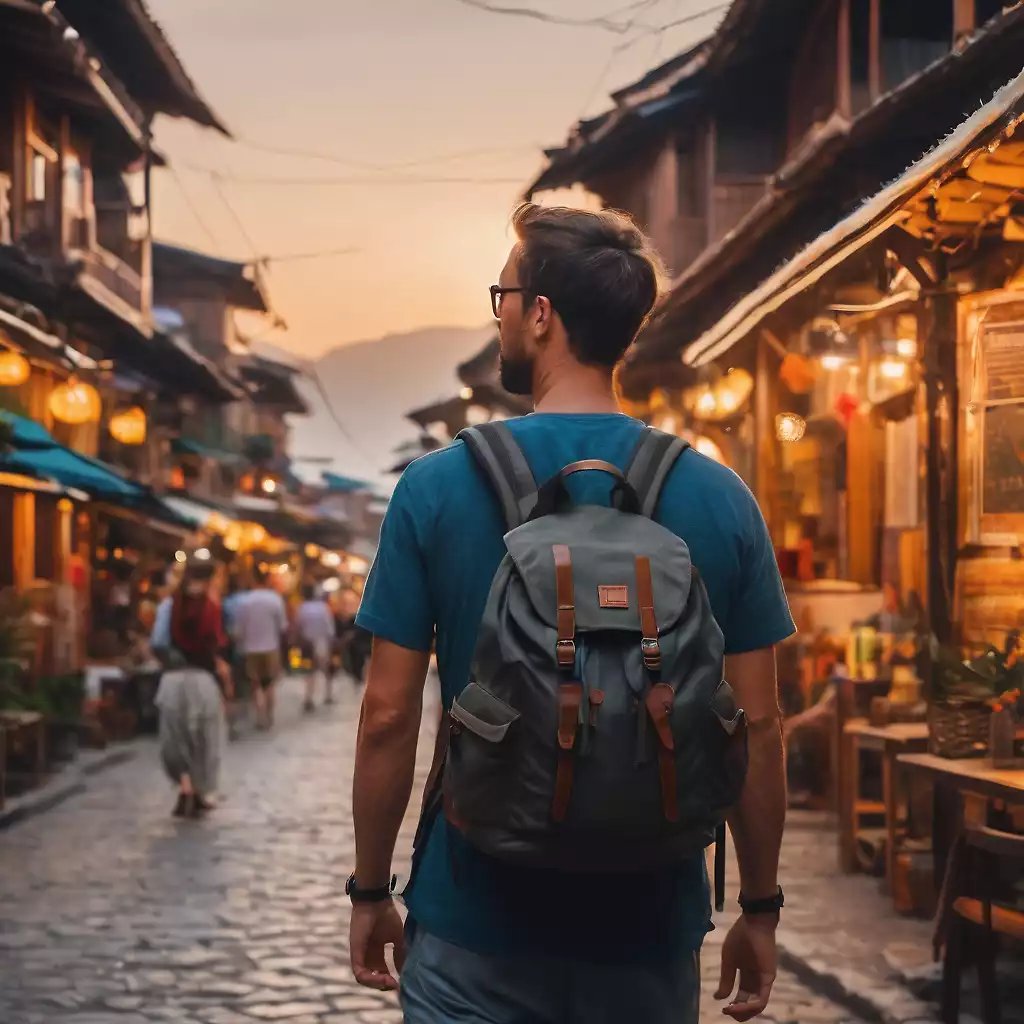Security Tips for Digital Nomads, learn how to protect your work tools
Many people travel for business or leisure purposes, but digital nomads, as well as those on bleisure (a blend of business and leisure) or workcation trips, have distinct experiences. These travelers often carry their most valuable electronics due to their work requirements, which increases the risk and potential impact of theft or damage. Unlike traditional travelers who may prefer hotels, they are more inclined to stay in Airbnb accommodations, offering a different kind of environment that may not always have the robust security measures of a hotel. Additionally, the loss of work-related devices such as computers can have severe implications for digital nomads, far beyond the inconvenience experienced by regular travelers. This is not just a financial concern but a significant disruption to their livelihood. Furthermore, the importance of safeguarding personal items like passports and wallets is amplified for these travelers, as replacing these essentials while abroad can be a complex and urgent matter.

Here is my best advice for assuring your safety, security and privacy.
1. Air Tags Everywhere
During the height of the COVID-19 pandemic, on April 30, 2021, Apple introduced its AirTags, a significant step in popularizing location-tracking technology. Although similar products like Tile had been around for some time, AirTags gained gained attention for their ability to connect to a network of devices, helping users locate lost items.
The arrival of AirTags and similar tracking devices has been a game-changer in tracking personal belongings. Placing one of these trackers in each of your bags, whether checked or carry-on, can drastically reduce your chances of losing them. These devices can provide you with peace of mind and a practical solution for keeping track of your valuables while traveling.
2. Choose Transportation Based on Local Knowledge
In various destinations, public transport or taxis may not be safe and it is better to self-drive by renting a car but this, in some places, it's a safe choice, while in others, it can be risky.
To determine the safest transportation options, it's recommendable to seek advice from local residents. They can offer the most reliable and trustable opinions into which modes of transport are secure in their area.

3. Be Smart While Choosing Your Accommodation
Hotels generally offer more security compared to Airbnb accommodations, but short-term rentals can also be safe if you follow certain guidelines.
It's crucial to carefully read previous guests' reviews, paying special attention to any mentions of safety, security, or privacy concerns. Upon your arrival, conduct a thorough check for concealed cameras, particularly in objects like smoke detectors, alarm clocks, wall clocks, and USB plugs that might conceal recording devices. Ensure that all doors and windows have functioning locks for added security. Additionally, always use a Virtual Private Network (VPN) when connecting to the Wi-Fi to protect your online privacy and data.
4. Understand How Small Criminals Act
Coffee shops in many cities across the globe are often targets for petty thieves. Understand when and where they look for their opportunity is key to prevent a robbery.
Tourists or foreigners are particularly vulnerable, as they frequently bring expensive electronics like laptops and smartphones, making them easy targets for theft. A common mistake is asking a stranger to watch their belongings while visiting the restroom in places like Starbucks. This is almost like inviting theft, signaling to potential thieves that their devices are unattended and up for grabs.
Thieves in coffee shops typically either snatch items quickly and flee, or stealthily take them when the owner is distracted. I experienced this firsthand in Barcelona when my smartphone, along with its wallet case, was stolen from a coffee shop table while I briefly turned away to speak with my wife.
To safeguard your belongings, choose a seat away from the entrance, preferably with your back against a wall, and only keep necessary items on the table. If you need to use the restroom, leave non-valuable items like glasses or a computer mouse to hold your spot, and take your valuables with you in a backpack. A useful tip is to loop a strap of your backpack around a part of the chair. This way, if someone attempts to grab it, they'll be hindered by the chair, likely abandoning the theft.
Moreover, always use a Virtual Private Network (VPN) in public places like coffee shops or airports to protect your online activity and personal information.
5. Be Awere of your technology belongins
In numerous nations, Apple products are considered both scarce and highly sought-after, often holding greater resale value compared to other brands. Sporting AirPods or an Apple Watch not only showcases your affinity for Apple products but also signals that you might have other desirable Apple devices like an iPhone, iPad, or MacBook Pro with you. This visibility can unfortunately make you more susceptible to becoming a target for theft. Sometimes the backpack you carry is a sign of what you have inside and thieves now, so I highly recommend you go unnoticed, specially on the less safety countries or neighborhoods. Last but not least, putting a cover on your laptop is a good idea to don´t let thieves know if is a cheap chromebook or a fancy MBP.
Bonus: Copy in The Cloud
Get a space in the Cloud and make a secuirty copy of all your important documents. If someone steals your laptop of phone you will still having access to all your documents.